inspired bythe science ofcreativity
oevra was created by a small team of creatives, researchers, and educators with a shared vision: to create practical tools to support the creative process, and to promote the holistic benefits that creativity can have throughout our lives.
We believe a life that revolves around creativity is not only more joyful and fulfilling, but essential and integral to wellness and self-actualization.
We’ve synthesized volumes of research with tried-and-true practices to create experiential learning tools we hope will be as inspiring as they are helpful.
Get started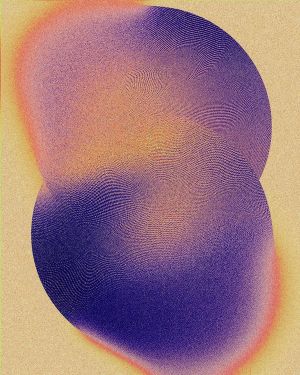
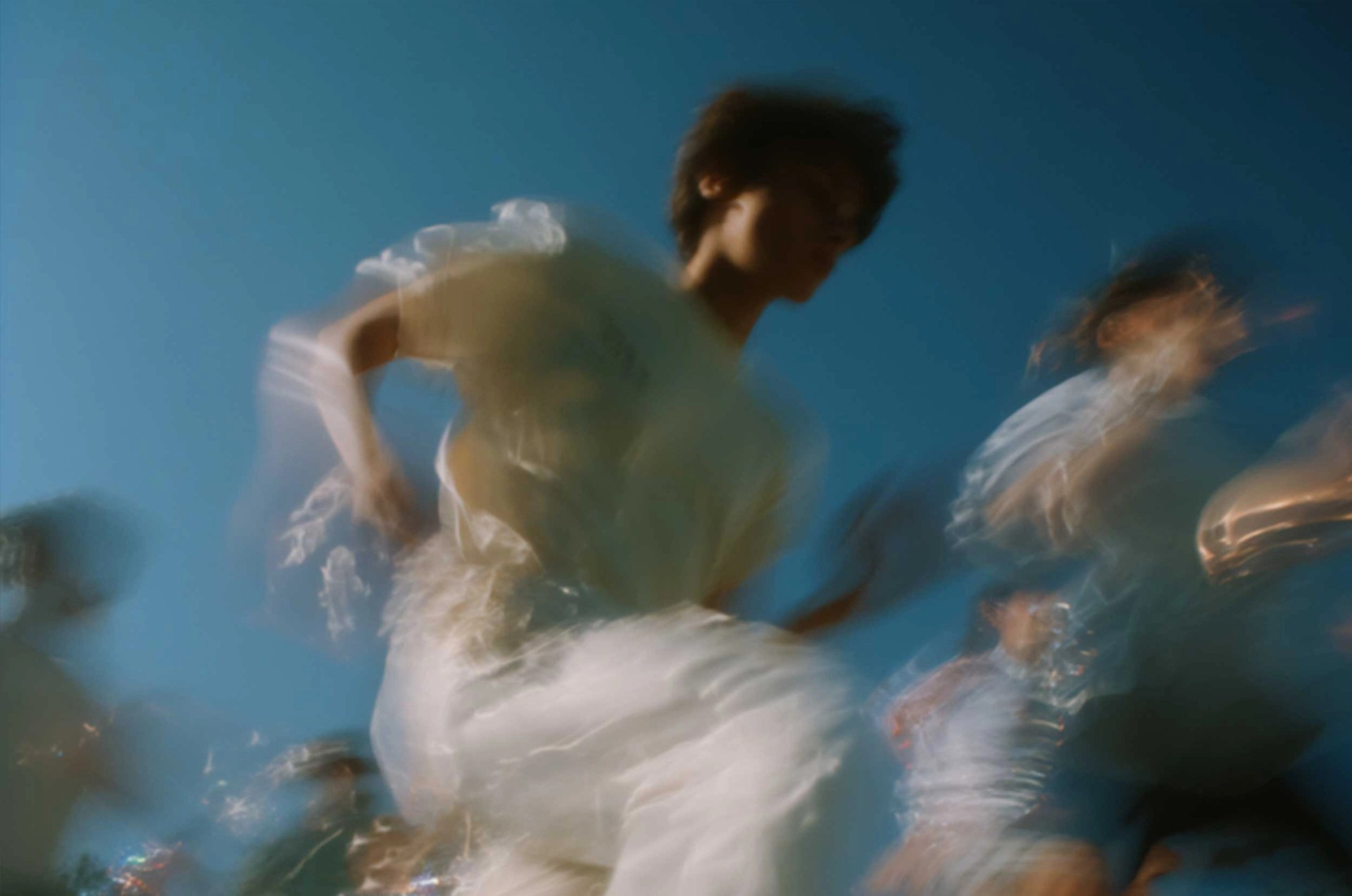
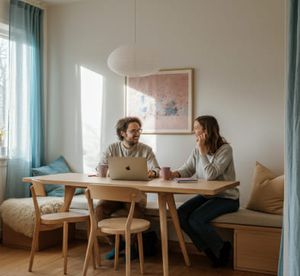
THE RESEARCH
oevra is designed based on volumes of research from neuroscience, psychology, and cognitive science.
Here are some of the most fascinating findings.
Creativity can be structured and strengthened. Flow can be activated by design.
Decades of research in psychology and neuroscience confirm that creativity is a cognitive skill anyone can develop.
That’s why œvra integrates:
- Research-backed steps in the creative process
- Timers and soundscapes that support focus
- Divergent and lateral thinking exercises
- Mindfulness practices
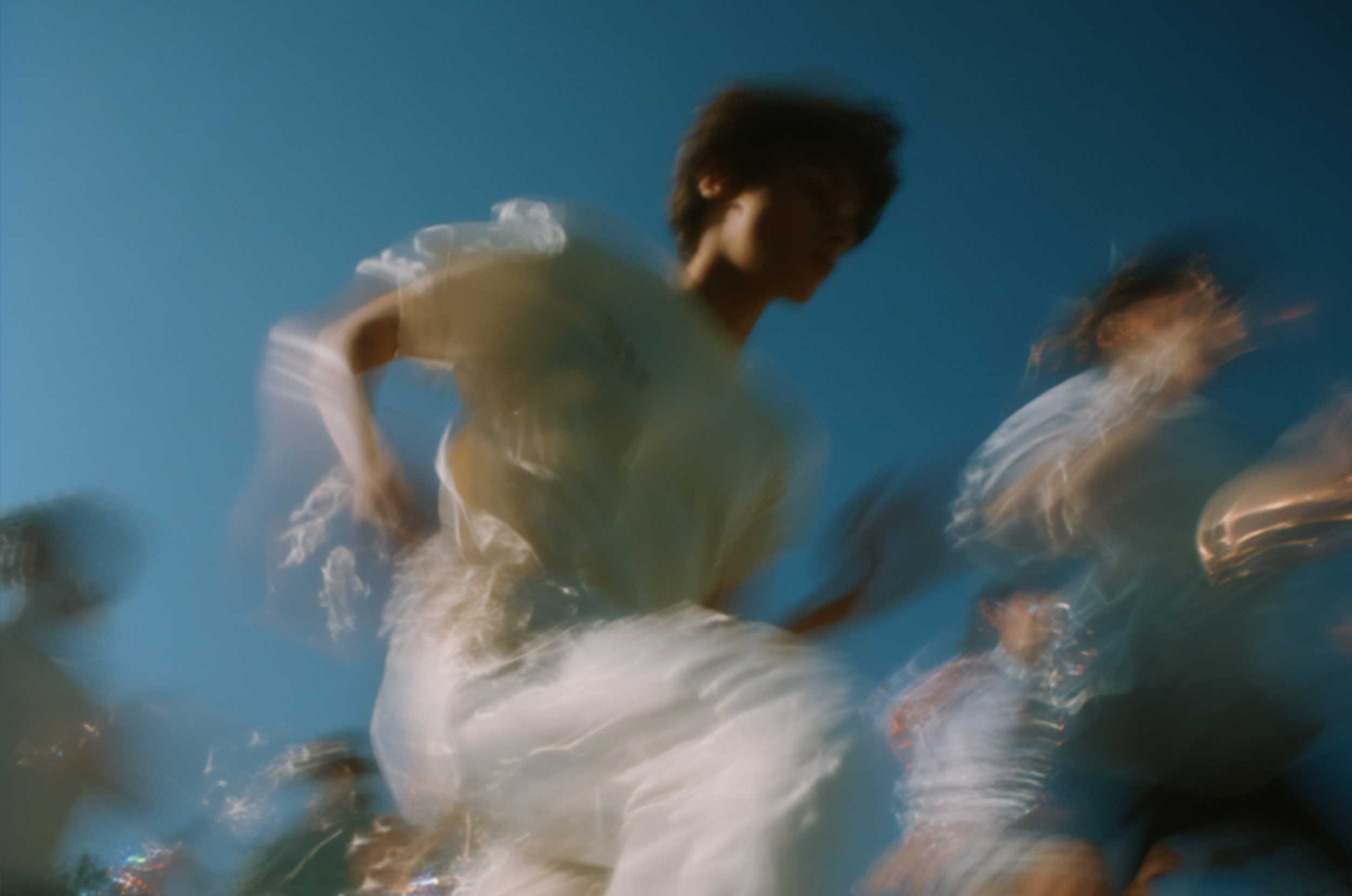
Creativity supports mental well-being and cognitive health.
Engaging in creative activities is consistently associated with benefits for both emotional and brain health.
Studies show that regular creative practice:
- Reduces anxiety and depression
- Helps us process and regulate emotions
- Improves resilience to stress
- Supports sleep quality and memory
- Protects against age-related decline
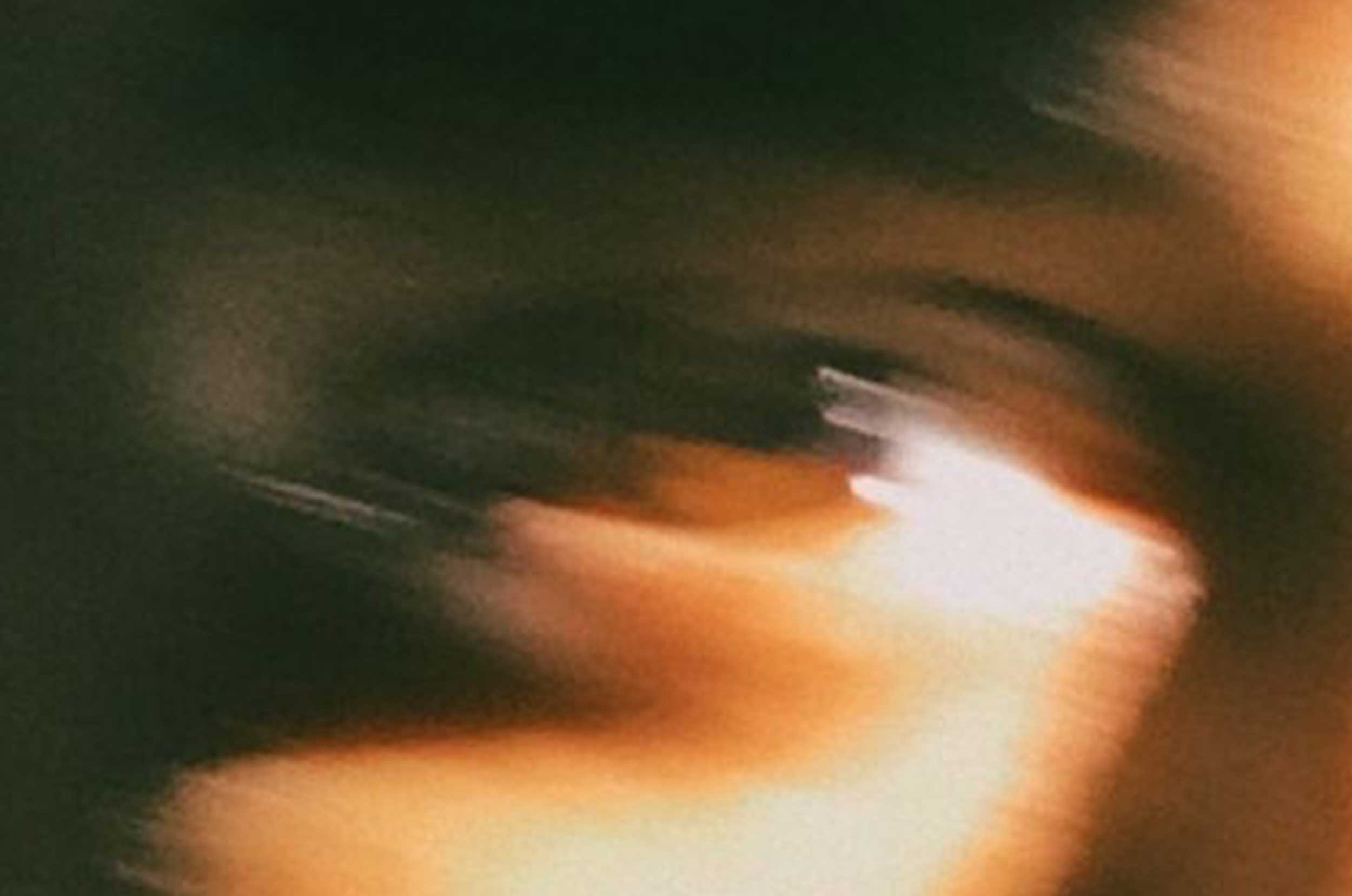
Creativity is the skill our future depends on.
The World Economic Forum ranks creative thinking among the top two most critical skills for the future workforce. Creative thinking is essential to adapt to the rapid societal changes of the AI era — and it will continue to be in demand across industries and roles.
- Daily creative engagement builds adaptability, innovation, and resilience
- Overreliance on AI can reduce originality, diversity of ideas, and weaken critical thinking
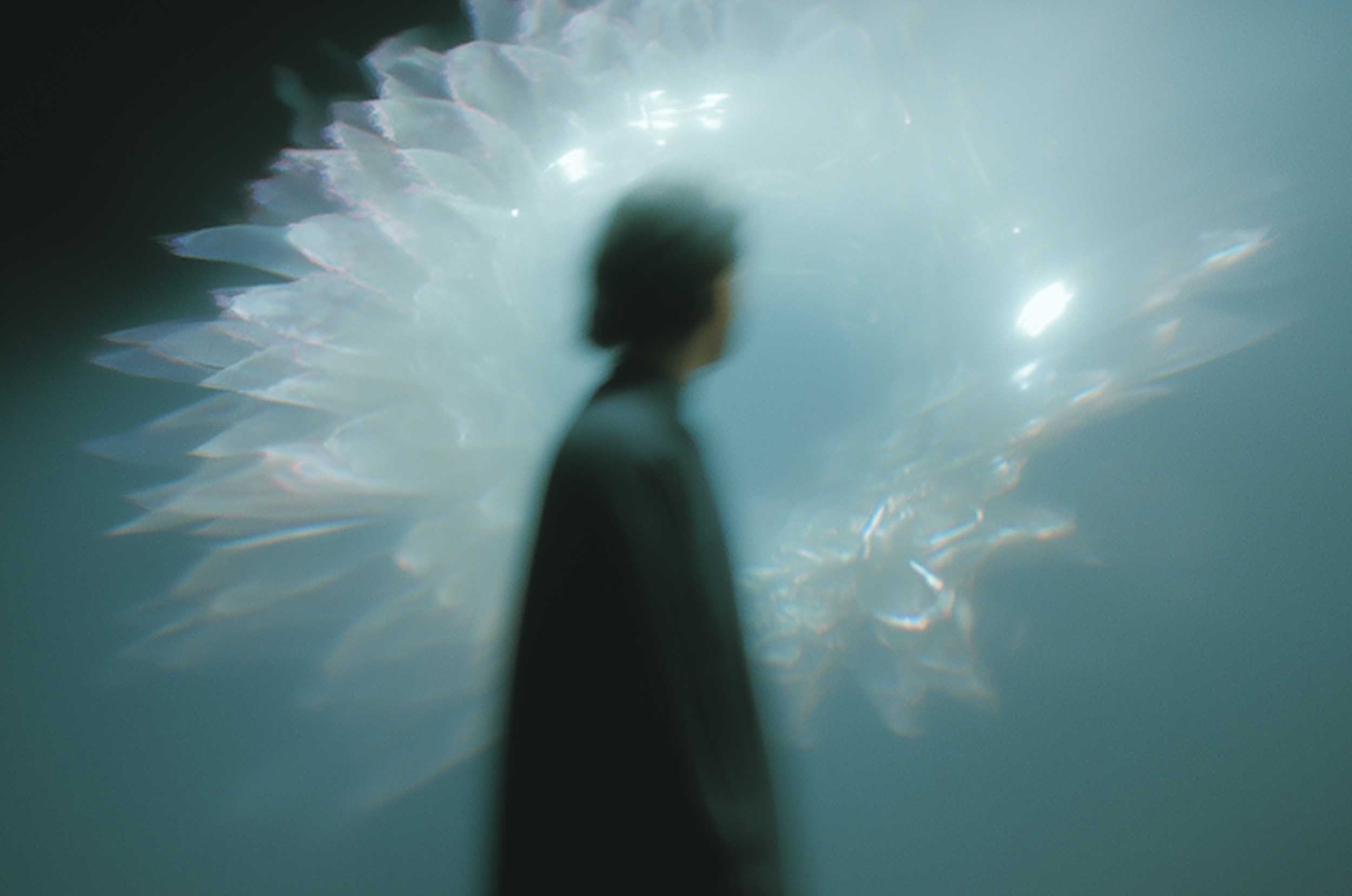
About the Founder
Tasha Young is a writer and multi-disciplinary artist working at the intersection of art and ideas.
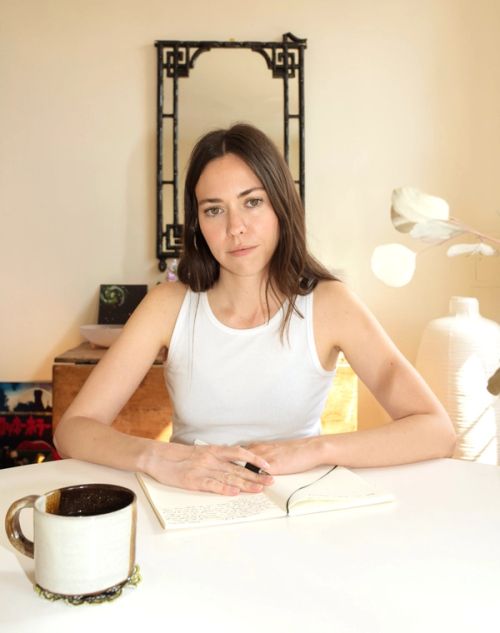

Creativity has always been central to her life — not only in her art and work, but for her well-being. Tasha created oevra to bring the benefits of creativity into sharper focus as a skill we can all practice, a practice we can all enjoy and a resource the future depends on.
FAQs
CAN CREATIVITY BE TAUGHT?
Creativity is a cognitive skill—just like memory or math—that can be learned, strengthened, and measured. While some people may appear to be naturally creative, research shows that creativity is not an innate trait but a malleable one. Through deliberate practice, exposure to diverse ideas, and the cultivation of an open mindset, anyone can enhance their creative abilities.
Neuroscience supports the idea that creativity involves several regions of the brain working together, including the prefrontal cortex and the default mode network. These areas can be stimulated through exercises designed to improve cognitive flexibility, divergent thinking, and problem-solving. Like any other skill, creativity thrives on the "use it or lose it" principle—consistent engagement leads to growth.
Furthermore, environments that encourage curiosity, playfulness, and risk-taking tend to foster creativity. When people feel safe to explore unconventional solutions or make mistakes, their ability to think outside the box improves.
WHAT'S DIFFERENT ABOUT THE OEVRA CREATIVE PROCESS?
HOW DO I PRACTICE CREATIVITY?
WHAT DOES OEVRA MEAN?
OEVRA represents the intersection of evidence-based research and artistic practice. It embodies our mission to bring scientific understanding to creative development, making the benefits of creativity accessible and measurable for everyone.
WHAT IS EXPERIENTIAL LEARNING?
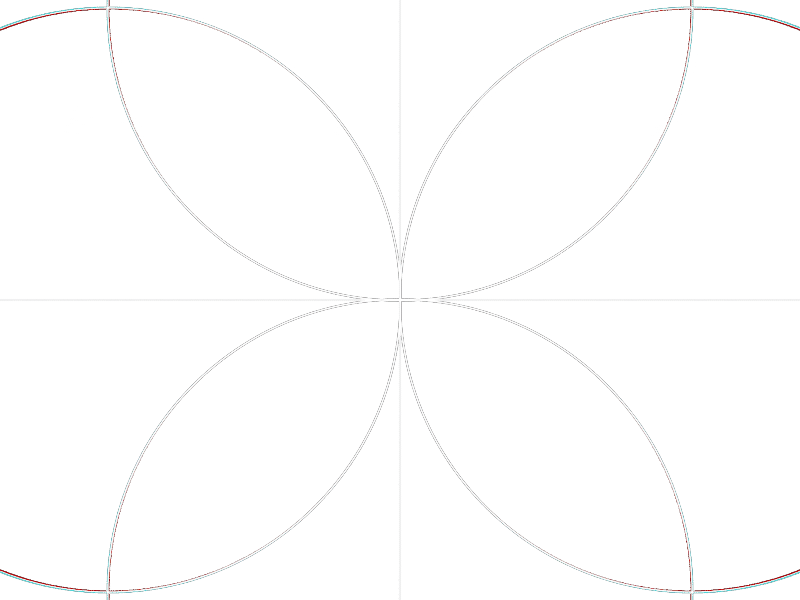
Beyond innovation or expression, creativity is essential for well-being, resilience, and purpose. We believe it's a public health imperative — and it's time to rewrite the narrative.
JOIN US